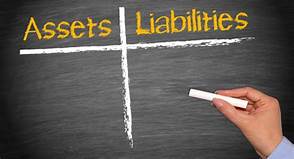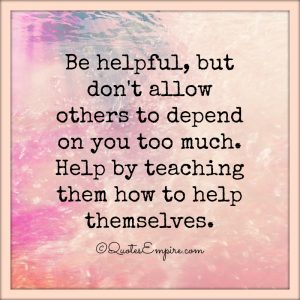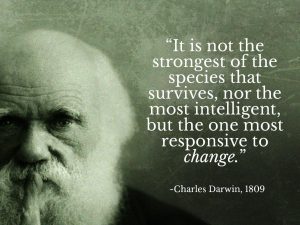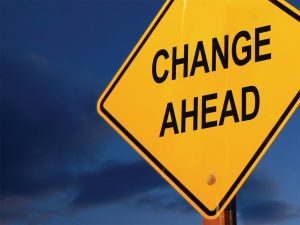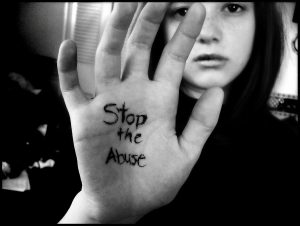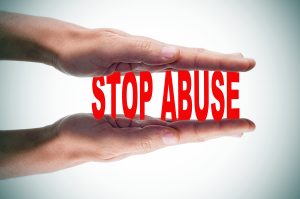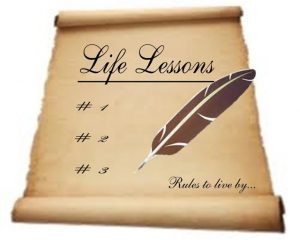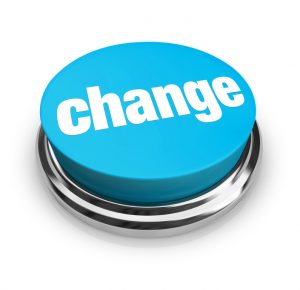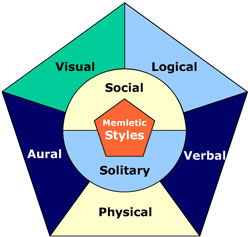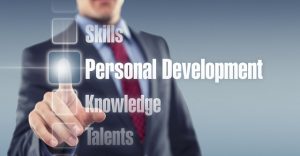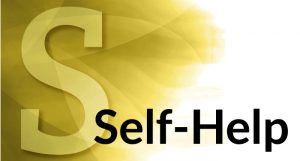 Most of us want to progress at work and socially. Some are more driven than others.
Most of us want to progress at work and socially. Some are more driven than others.
Certainly, promotion and recognition bring benefits we all usually value and enjoy.
Being good at what we do is a critical component in becoming successful.
But advancement requires more. We must also avoid bringing negatives to the table which torpedo our opportunities and detract from our worthiness.
Being a strong candidate often demands a broad, multi-faceted and proven skill-set. Correspondingly, our personal accompanying detractors might be subtle or obvious, diverse and numerous.
And rightly or wrongly, extremes and perceived cultural aberrations we exhibit are often just not appreciated or wanted.
So, to be selected and succeed we must simultaneously avoid DESELECTION. Simple detractors can scupper the strongest candidate.
When we recognize our liabilities, we must repair or at least diminish their significance in the eyes of selectors.
If we don’t know what these issues are, we can seek insights from trusted friends and colleagues. So, ask.
And it is not always the obvious flaw(s) that might derail our cause, it’s the one(s) that in some way offend or dissuade the individual decision maker(s).
In addition, selections are often influenced by more persons, history and circumstances than meet the eye. Practically we can usually only recognize and address the more obvious and likely concerns.
So what behaviors and attributes might we exhibit or display that could cause us problems? Consider rectifying or improving negative characteristics you exhibit regarding:
Clothing
Personal Hygiene
Sloppiness… correctness, quality and timeliness
Tardiness
Untidiness… disorganization
Physical Appearance
Procrastination
Gossiping
Politicizing, Backstabbing and Spitefulness
Body Language… Dumb Insolence
Complaining
Active Obstinacy… Resistance
Prejudice… Fixed Opinion and Bias
Too Much / Little Enthusiasm
Lack of Empathy
Treating Others Unfairly
Exerting Undue Influence
Inappropriate Actions / Behavior
Unsavory Habits
Attitude of Superiority… Pretentiousness
Ingratiating Behavior
Unpopular Associations
Being Too Loud, or Seeming Invisible
Acting Too Clever, or Appearing Dull
Being Self Not Team-Centric
Quite a daunting, unprioritized list. It’s sufficiently extensive and complete for our purpose here.
I have personally seen individuals who have unwittingly held themselves back by exhibiting some and (often) many of these characteristics. Likely you have, too.
At one time or another everybody exhibits some or several of these tendencies; most noticeably when they are stressed.
So not surprisingly, when people are being considered for selection, reviewers and selectors must often turn a blind-eye (if they can) to less obtrusive shortcomings, or perhaps diplomatically review their concerns with candidates ahead of any planned promotion. Major concerns are not generally ignored.
When our liabilities are known to us (as future candidates), we should understand which are likely to present the most negative impact to our prospects. If it’s not obvious, ask those you trust.
Many of the problems listed above have simple intuitive remedies. Some require real fixes to the psyche.
If you care enough you will find the ways to at least diminish the outward impact and visibility of your most egregious weaknesses. So, determine the Corrective Action and follow up.
And don’t forget, these very same detractors you carry into the workplace often similarly affect all your relationships and interactions with others; in social settings and the home.
Are you aware of your negative behaviors? Do your personal foibles lessen your prospects and relationships?
We can often identify liabilities in ourselves. When we cannot, we should find someone trustworthy and ASK.
Ian R. Mackintosh is the author of Empower Your Inner Manager Twitter@ianrmackintosh.

